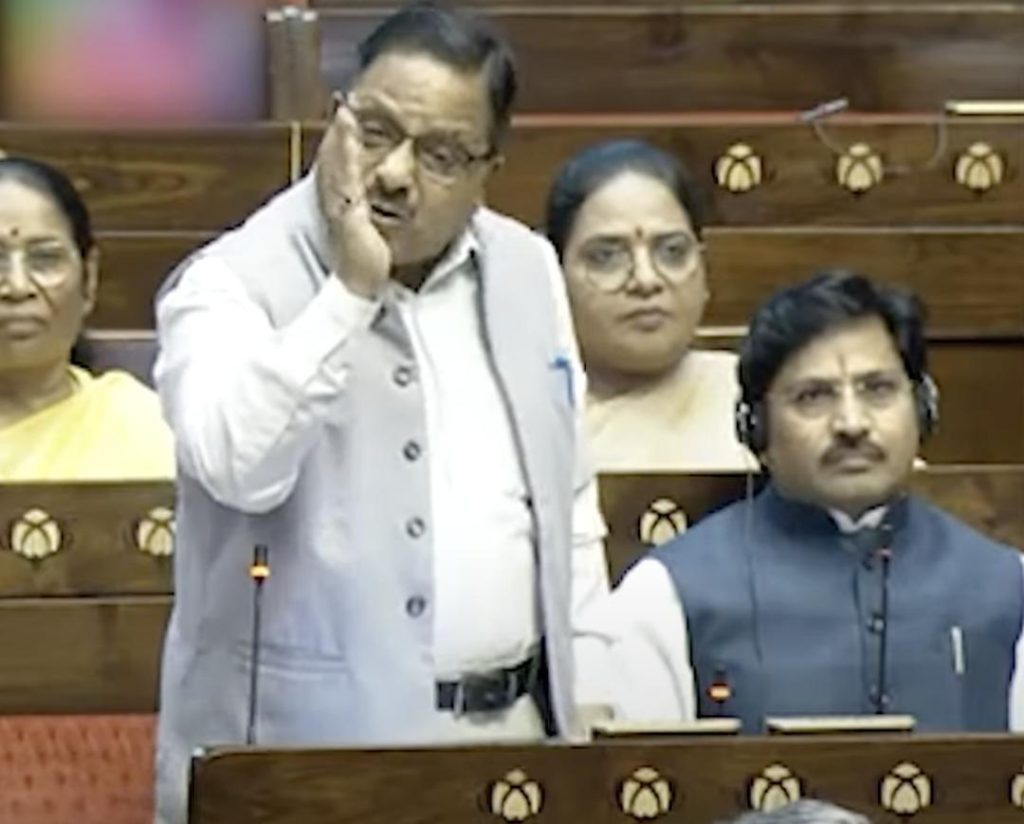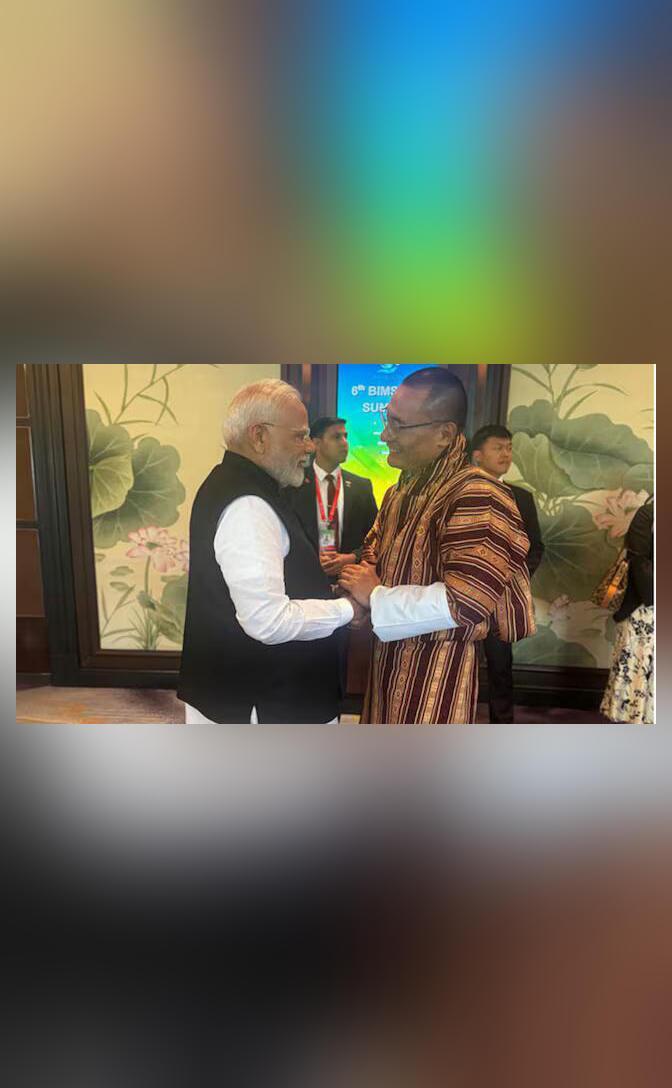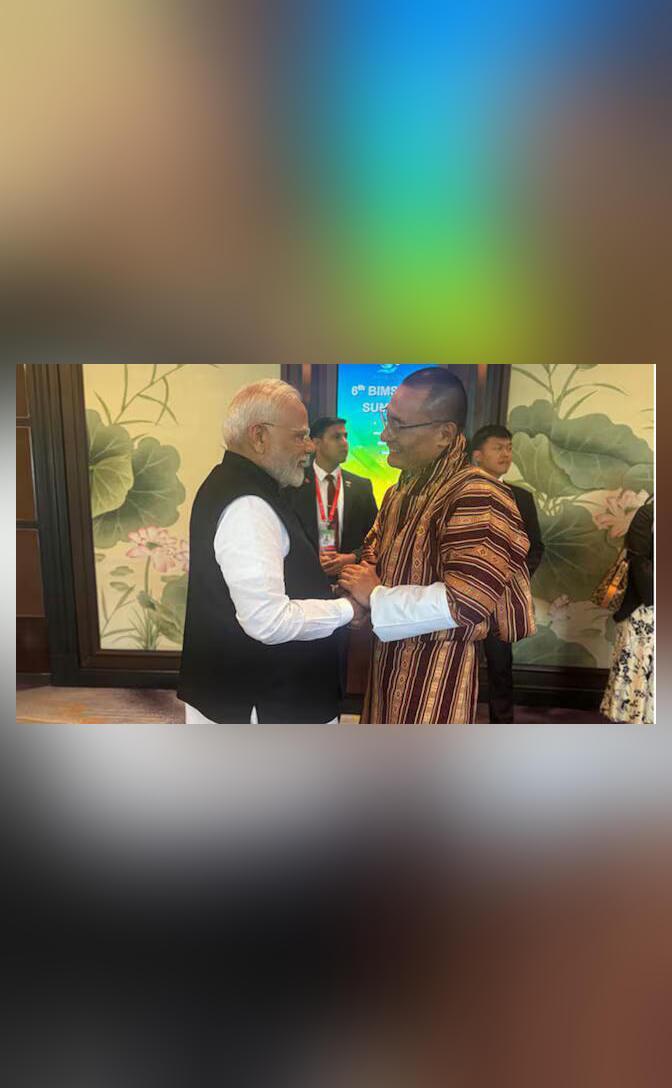
Should I Read the Quran and Tell You What’s Written in It: BJP MP Radha Mohan Das on Waqf Bill
The Waqf Bill, which aims to regulate and manage religious properties, has been a topic of heated discussion in India. During the ongoing debate, BJP MP Radha Mohan Das made a statement that has sparked controversy and raised several questions. In a provocative remark, he asked if he should read the Quran and tell what is written in it, specifically referring to the Waqf Board’s management of properties.
Radha Mohan Das’ comment was made during the discussion on the Waqf Bill in the Lok Sabha, the lower house of the Indian Parliament. The BJP MP was questioning the Waqf Board’s management of properties and claimed that they do not maintain proper records of their assets. He cited a verse from the Quran to support his argument, saying, “The Quran says that even if one rupee is given to anyone, there should be a written record…And you say you have so many properties without a record.”
It is essential to understand the context of Radha Mohan Das’ statement. The Waqf Bill aims to bring transparency and accountability to the Waqf Board’s management of properties, which are managed by the government and used for religious purposes. The Bill seeks to ensure that the properties are used for the purpose they were intended and that there is no misuse or mismanagement of these assets.
Radha Mohan Das’ comment can be seen as a way to highlight the lack of transparency and accountability in the Waqf Board’s management. By citing a verse from the Quran, he is trying to emphasize the importance of maintaining written records, as it is a fundamental principle of Islam. However, his comment has also been criticized for being provocative and insensitive, as it implies that the Quran is being used to justify the lack of transparency in the Waqf Board’s management.
It is worth noting that the Waqf Board is a government-run organization that manages religious properties, including mosques, madrasas, and other religious institutions. The Board is responsible for ensuring that these properties are used for the purpose they were intended and that there is no misuse or mismanagement of these assets.
The controversy surrounding Radha Mohan Das’ comment has sparked a debate on social media and among political analysts. Some have praised his comment as a bold move to highlight the lack of transparency in the Waqf Board’s management, while others have criticized it for being insensitive and provocative.
In conclusion, Radha Mohan Das’ comment on whether he should read the Quran and tell what is written in it is a controversial statement that has sparked a heated debate. While his comment highlights the importance of maintaining transparency and accountability in the Waqf Board’s management, it has also been criticized for being provocative and insensitive. The Waqf Bill is an important piece of legislation that aims to regulate and manage religious properties, and it is essential that the debate surrounding it is conducted in a respectful and constructive manner.
News Source:
https://www.youtube.com/watch




